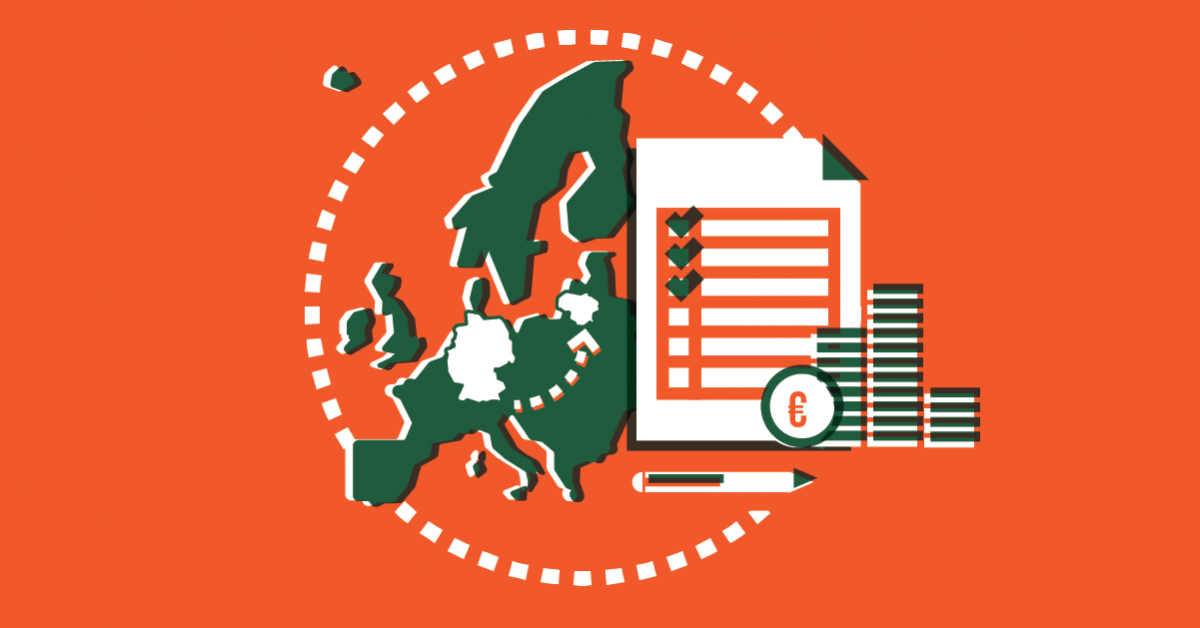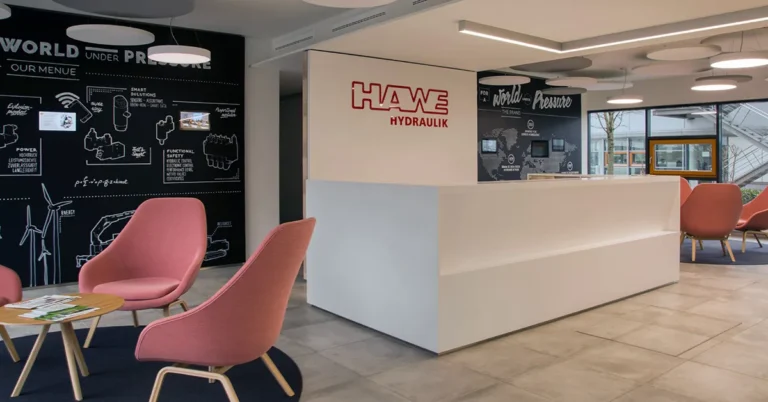Current statistics show that the Eurozone is the top destination for direct investments by German companies. And thanks to a sustained governmental focus on improving the business environment, Lithuania is one of the most popular locations for German investors. Lithuania’s highly skilled talent, competitive cost and tax conditions, and minimal red tape all help to attract German investors.
According to a recent survey by the Association of German Chambers of Industry and Commerce, 47% of German companies want to invest abroad in 2016, with the Eurozone their number one target region. This trend means Lithuania is an increasingly attractive option for German companies.
Competitive tax conditions maximise growth
One big advantage Lithuania has to offer is its competitive corporate tax level, which at 15% is one of the lowest in Europe. What’s more, companies operating in one of the country’s Free Economic Zones are entirely exempt from corporate tax for the first six years. And after that, they only pay corporate tax of 7.5%. There are also no property or dividend taxes within these zones.
Tax relief is also available to companies engaging in research and development activities. Incentives on offer include a triple corporate tax deduction on R&D expenditure and a 25% reimbursement on costs for companies that create new jobs. These are just some of the ways Lithuania supports companies engaged in development activities.
Competitive costs and outstanding quality
The quality to cost ratio of Lithuanian employees is very high. Personnel costs are about a quarter of the EU-average, and German companies can find the quality of specialists they need in Lithuania’s multi-lingual, highly-skilled talent pool. According to the latest IMD World Competitiveness Report (an international reference work for assessing business locations), Lithuania ranks 20th out of the 144 countries surveyed for the quality of its mathematics and science education, putting it above the likes of the USA.
A business-friendly atmosphere: short business establishment times
It is not only Lithuania’s cost advantages and skilled specialists that make the country attractive for investors. It also has an environment tailoured to meet business needs. According to the World Bank’s Doing Business Report 2015, the Baltic State ranks 24th globally for the absence of state barriers for the development of business activities. For example, approval procedures for registering a business take only a few days.
Convincing advantages for German businesses
For all of these reasons, many German companies are drawn to Lithuania. In fact, Germany is the third-largest direct investor in Lithuania after Sweden and the Netherlands. Total FDI from Germany now amounts to €1.3 billion and there are around 1,200 German companies currently operating in Lithuania.
And the majority of German companies are extremely satisfied with their investment in Lithuania according to the latest business survey by the German-Baltic Chamber of Commerce. 88% of respondents said that they would choose Lithuania again as a location for their foreign investments, and more than one third of the companies surveyed (40%) want to further increase their investments in Lithuania and expand their businesses.
Current statistics show that the Eurozone is the top destination for direct investments by German companies. And thanks to a sustained governmental focus on improving the business environment, Lithuania is one of the most popular locations for German investors. Lithuania’s highly skilled talent, competitive cost and tax conditions, and minimal red tape all help to attract German investors.
According to a recent survey by the Association of German Chambers of Industry and Commerce, 47% of German companies want to invest abroad in 2016, with the Eurozone their number one target region. This trend means Lithuania is an increasingly attractive option for German companies.
Competitive tax conditions maximise growth
One big advantage Lithuania has to offer is its competitive corporate tax level, which at 15% is one of the lowest in Europe. What’s more, companies operating in one of the country’s Free Economic Zones are entirely exempt from corporate tax for the first six years. And after that, they only pay corporate tax of 7.5%. There are also no property or dividend taxes within these zones.
Tax relief is also available to companies engaging in research and development activities. Incentives on offer include a triple corporate tax deduction on R&D expenditure and a 25% reimbursement on costs for companies that create new jobs. These are just some of the ways Lithuania supports companies engaged in development activities.
Competitive costs and outstanding quality
The quality to cost ratio of Lithuanian employees is very high. Personnel costs are about a quarter of the EU-average, and German companies can find the quality of specialists they need in Lithuania’s multi-lingual, highly-skilled talent pool. According to the latest IMD World Competitiveness Report (an international reference work for assessing business locations), Lithuania ranks 20th out of the 144 countries surveyed for the quality of its mathematics and science education, putting it above the likes of the USA.
A business-friendly atmosphere: short business establishment times
It is not only Lithuania’s cost advantages and skilled specialists that make the country attractive for investors. It also has an environment tailoured to meet business needs. According to the World Bank’s Doing Business Report 2015, the Baltic State ranks 24th globally for the absence of state barriers for the development of business activities. For example, approval procedures for registering a business take only a few days.
Convincing advantages for German businesses
For all of these reasons, many German companies are drawn to Lithuania. In fact, Germany is the third-largest direct investor in Lithuania after Sweden and the Netherlands. Total FDI from Germany now amounts to €1.3 billion and there are around 1,200 German companies currently operating in Lithuania.
And the majority of German companies are extremely satisfied with their investment in Lithuania according to the latest business survey by the German-Baltic Chamber of Commerce. 88% of respondents said that they would choose Lithuania again as a location for their foreign investments, and more than one third of the companies surveyed (40%) want to further increase their investments in Lithuania and expand their businesses.













